The Lion, the inspector …and a coincidence?
Sometimes, whether through luck or good fortune, we notice something which appears to link a number of otherwise unconnected events. A random series of occurrences led me to formulate – or rather, continue to develop – a theory I had begun a couple of years ago. That was the interconnectivity of the Inklings.
To refresh your memory, The Inklings were a group of authors who met in the Eagle & Child pub in Oxford on a weekly basis to discuss religion in general and their writings in particular, often reading excerpts to each other. Two of them are well known: C.S. Lewis and J.R.R. Tolkien, both of whom could be said to hold fairly traditional Christian beliefs (though it should not be forgotten that there were up to 25 members of this informal group, which met from 1930 to 1949). The third most prolific author held Christian beliefs which could be described as anything but orthodox!
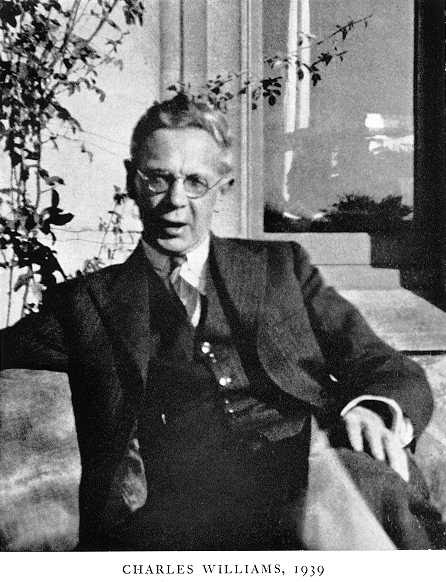
This was Charles Walter Stansby Williams (20 September 1886 – 15 May 1945), who was editor at the Oxford University Press. While he is not well-known in modern times, he was admired as an author and lecturer by a number of his peers. T.S. Eliot wrote an Introduction to his novel All Hallows’ Eve, and A.H. Auden allegedly read The Descent of the Dove at least once a year. His work even inspired Dorothy Sayers to translate The Divine Comedy.
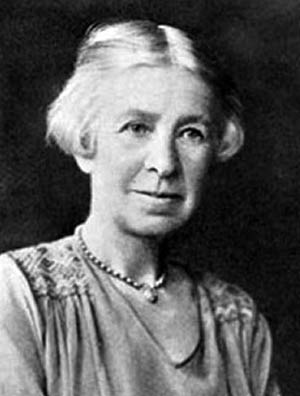
He was friends with Evelyn Underhill, the Anglo-Catholic writer on religion and Christian mysticism, who was also a member of the Hermetic Order of the Golden Dawn; and with Arthur Edward Waite in whose Order, The Fellowship of the Rosy Cross, he was a member of some years. This latter Order practiced spiritual alchemy and held a belief in a Hidden Inner Church.
He believed in an unusual form of theology known as “co-inherence”, which was a manner of describing the relationship between the human and divine natures of Jesus, and also the relationship between the persons of the Trinity. Williams extended this to mankind, alleging that there is a mutual indwelling of Christ in us and we in Christ, and because of this we can see an imprint of that interrelationship in all of mankind’s works. More importantly, this link also gave man the power to act in place of Christ to perform such tasks as mutual forgiveness; and he proposed an Order, the ‘Companions of Co-inherence’, who would practice substitution and exchange and bearing one another’s burdens, willing to sacrifice and forgive. This proposed society was discussed by Barbara Newman in her paper “Charles Williams and the Companions of the Co-inherence” in Spiritus: A Journal of Christian Spirituality, in 2009.
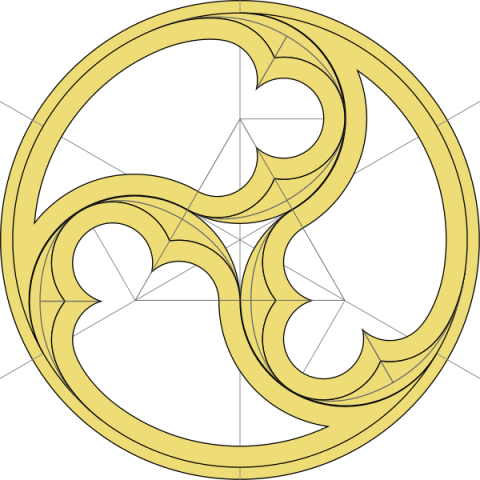
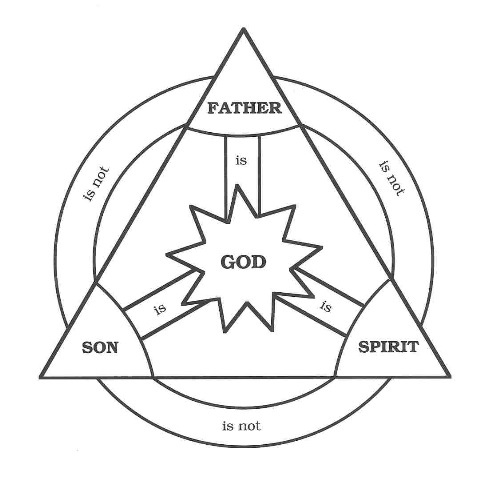
In an extraordinary link, in October 2015, a mere six years following the publication of this paper, two episodes of the very popular English detective series “Inspector Lewis” bore the title Magnum Opus, about a group which had indeed created the Companions of the Co-inherence at Oxford, and whose members were being targeted for murder by methods replicating the stages of alchemy (and yes, I highly recommend you find the episodes on Netflix or Amazon Prime!). There is even a reference in the story to a lecture being given on A.E. Waite! Now, the storyline contained a comment to the effect that there was no connection between Williams and alchemy. Whether this was a ‘blind’, or written through ignorance, it is hard to tell: though Williams never practiced physical alchemy, there is no doubt from his associations with Underhill and Waite that he was a firm believer in the spiritual transformation of the self.
When I first wrote about the Inklings, I mentioned that I thought it highly likely that Williams would have brought up the subject of his membership in the Fellowship of the Rosy Cross at some point, given their mutual interest in mystical Christianity, and that this may well have led Tolkien to name his first book in the series Lord of the Rings, following the successful launch of The Hobbit, The Fellowship of the Ring, using the archaic and rare word ‘Fellowship’ at that time.
Charles Williams wrote his first book War in Heaven in 1930, and it would clearly have been a candidate to be read at an Inklings meeting. His second book which came out in 1931, called The Place of the Lion, would no doubt have been read there, too. This extraordinary novel begins with the image of a huge lioness, which transforms into a Great Lion. The tale considers a time in which the otherworldly universe of archetypes begins to collide with the contemporary world, and people begin to see, experience and interact with things which were previously far higher to them on the symbolic chain of existence proposed by Plato. It is a fascinating notion.
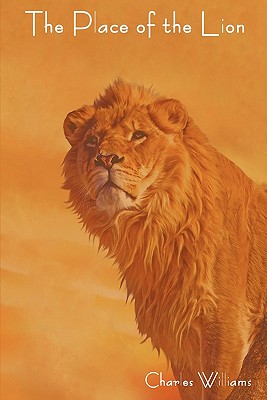
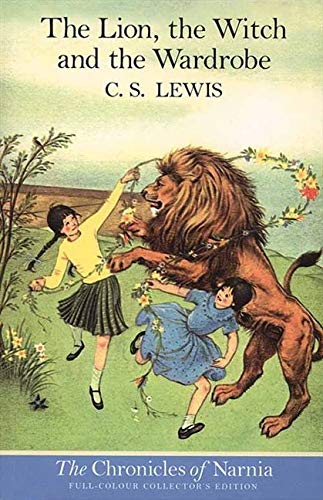
But what struck me in particular is the fact that one of the listeners at those readings in 1931 would have been C.S. Lewis. It is a pity that Williams died in 1945, a full five years before Lewis published The Lion, the Witch and the Wardrobe, that tale of a huge lion who allows himself to be sacrificed in a co-inherent manner, only to rise again…
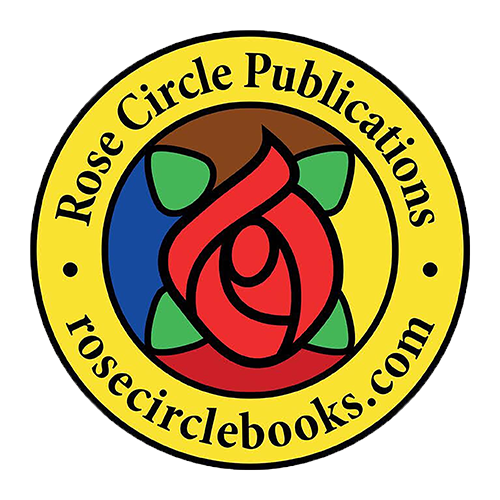
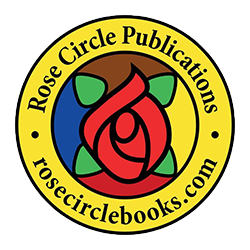
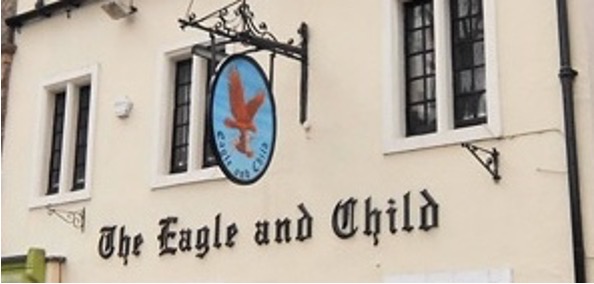
Charles Williams’s “The Greater Trumps” is one of my favorites. Thank you for this post regarding some of my lifelong favorite writers.
Glad you enjoyed it!